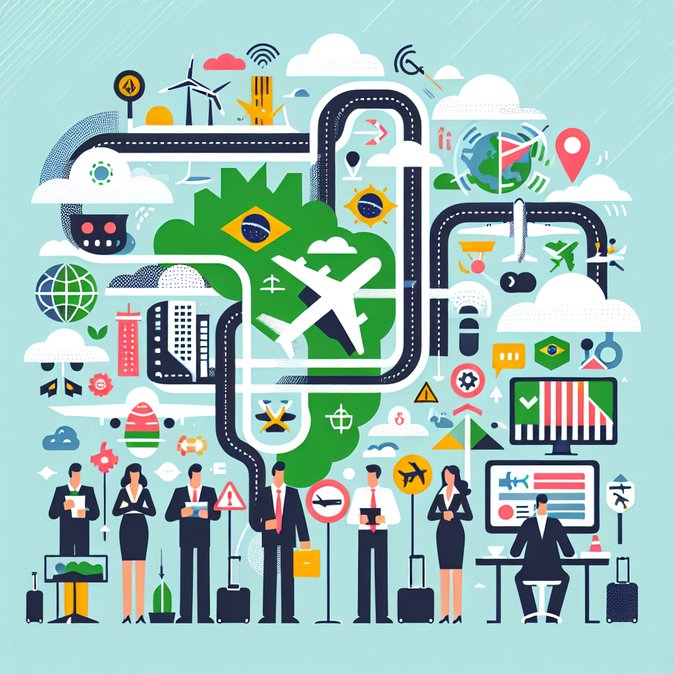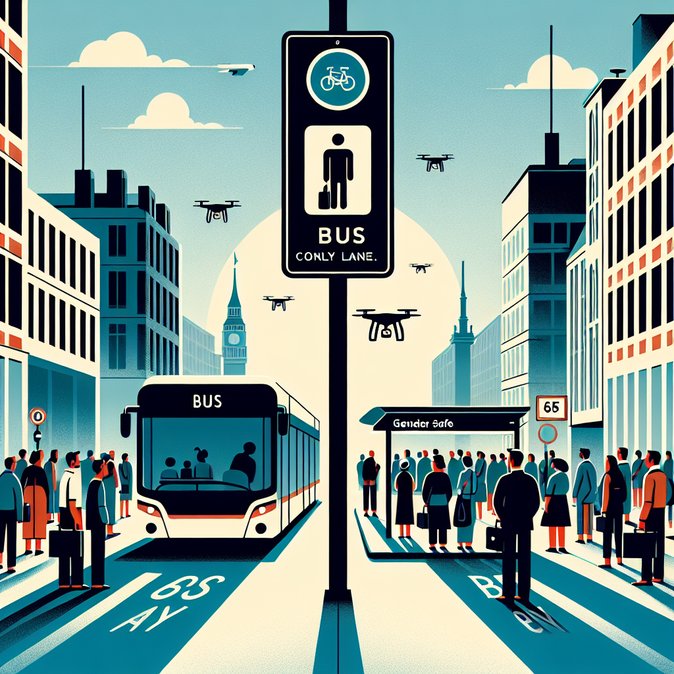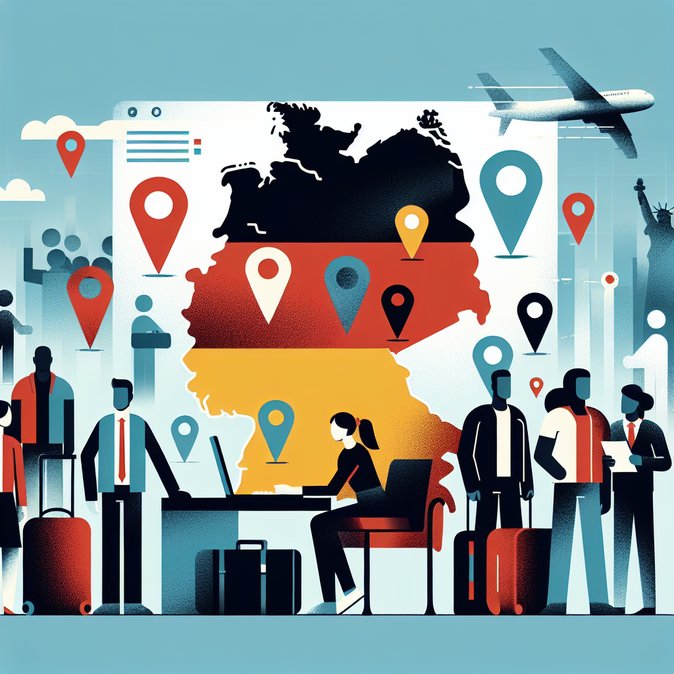
Brazil’s climate summit in Belém entered its second week today with President Luiz Inácio Lula da Silva personally lobbying negotiators to close an agreement ahead of schedule. While the headlines focus on fossil-fuel language and climate-finance pledges, mobility managers are watching a different set of dynamics: how to move 40,000 delegates, media and NGO staff through a city of 1.5 million protected by concentric security rings.
The COP30 presidency confirmed this morning that all accredited participants may continue to use the special electronic visa (e-Visa) lane and dedicated immigration booths at Belém/Val-de-Cans Airport (BEL). Border-control wait times have averaged under 12 minutes since the system went live on 1 November, compared with 45 minutes during COP27. Authorities say the fast-track corridor will remain in place until 23 November to handle late departures. Delegations arriving after curfew hours must file flight plans 24 hours in advance and obtain a “PVC” slot code before wheels-up.
![COP30 Summit Spurs Security Perimeter and Fast-Track Visas as Brazil Presses for Early Deal]()
On the ground, a three-tier traffic cordon limits private vehicles within 2 km of Parque da Cidade. Taxis, ride-hailing and hotel shuttles require QR passes that change daily; failure to display the code results in on-the-spot fines of R$ 1,200. Cargo moves are also regulated: exhibit freight must clear a temporary customs desk inside the venue, and last-mile deliveries are banned between 06:00 and 22:00. Mobility advisers recommend that corporate attendees build 90-minute buffers for any cross-town transfer and keep physical copies of accreditation letters should mobile connectivity falter.
Hotels have reached 98 percent occupancy, pushing some firms to berth crews on river barges converted into floating dormitories. Immigration lawyers report a surge in last-minute requests to swap standard visitor visas for the COP e-Visa because the latter permits multiple entries until 31 December without additional government fees. The Ministry of Foreign Affairs has deployed a pop-up consular post inside the conference centre to re-issue lost passports within 24 hours—an unusually quick turnaround that may serve as a model for future large-scale events.
With Lula demanding a draft deal by Thursday, the summit is expected to wrap before the formal 22 November deadline—welcome news for airlines that have had to juggle restricted airspace slots. Azul and LATAM say they will restore normal schedules on 23 November, but warn that any spill-over talks could extend the slot-request regime. Companies with time-sensitive cargo or executive travel should keep contingency plans alive until aviation NOTAMs are fully lifted.
The COP30 presidency confirmed this morning that all accredited participants may continue to use the special electronic visa (e-Visa) lane and dedicated immigration booths at Belém/Val-de-Cans Airport (BEL). Border-control wait times have averaged under 12 minutes since the system went live on 1 November, compared with 45 minutes during COP27. Authorities say the fast-track corridor will remain in place until 23 November to handle late departures. Delegations arriving after curfew hours must file flight plans 24 hours in advance and obtain a “PVC” slot code before wheels-up.

On the ground, a three-tier traffic cordon limits private vehicles within 2 km of Parque da Cidade. Taxis, ride-hailing and hotel shuttles require QR passes that change daily; failure to display the code results in on-the-spot fines of R$ 1,200. Cargo moves are also regulated: exhibit freight must clear a temporary customs desk inside the venue, and last-mile deliveries are banned between 06:00 and 22:00. Mobility advisers recommend that corporate attendees build 90-minute buffers for any cross-town transfer and keep physical copies of accreditation letters should mobile connectivity falter.
Hotels have reached 98 percent occupancy, pushing some firms to berth crews on river barges converted into floating dormitories. Immigration lawyers report a surge in last-minute requests to swap standard visitor visas for the COP e-Visa because the latter permits multiple entries until 31 December without additional government fees. The Ministry of Foreign Affairs has deployed a pop-up consular post inside the conference centre to re-issue lost passports within 24 hours—an unusually quick turnaround that may serve as a model for future large-scale events.
With Lula demanding a draft deal by Thursday, the summit is expected to wrap before the formal 22 November deadline—welcome news for airlines that have had to juggle restricted airspace slots. Azul and LATAM say they will restore normal schedules on 23 November, but warn that any spill-over talks could extend the slot-request regime. Companies with time-sensitive cargo or executive travel should keep contingency plans alive until aviation NOTAMs are fully lifted.


